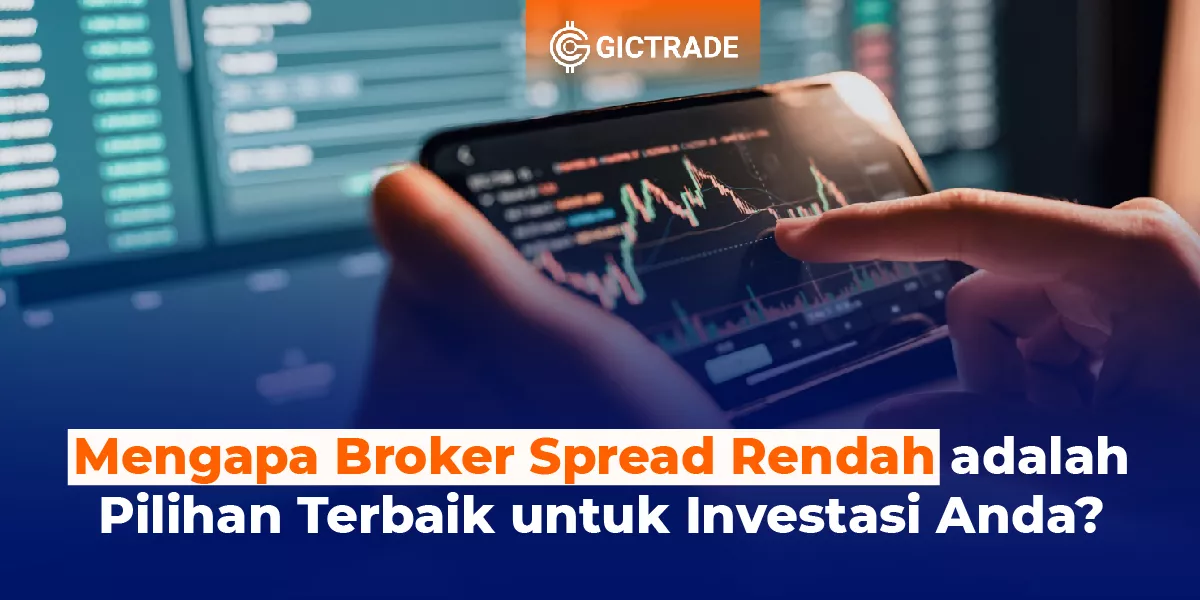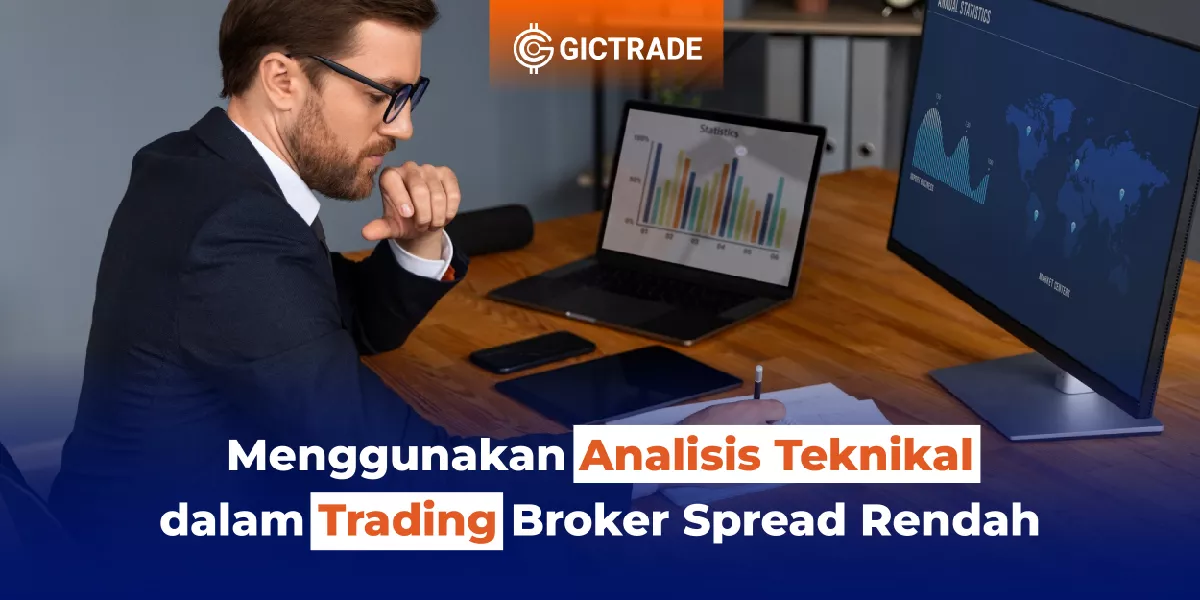What is BBJ?
BBJ is an abbreviation of Jakarta Futures Exchange, in English BBJ is known as JFX (Jakarta Futures Exchange). It is the first futures exchange established in Indonesia, which officially started on August 19, 1999 at the AEKI Building, Jakarta. A year later, on November 21, 2000, the Jakarta Futures Exchange obtained an operating license and conducted its first trade starting on December 15, 2000.Meanwhile, the function of BBJ itself is to provide facilities for each member to be able to make transactions with futures contracts, which are based on prices that have been set and agreed upon through communication and interaction based on demand and supply in the electronic trading system. In the history of the establishment of BBJ, the Jakarta Futures Exchange was established by 29 companies in the form of PT, established based on Government Regulation (PP No. 9/99).
It should be noted that the companies that founded BBJ came from companies engaged in various different commodities, the majority of the founding companies engaged in physical commodities. While 10 of the 29 founding companies of BBJ came from non-commodity companies, but from capital market companies. Commission houses and public companies. The founding companies are united in the same mission and vision, namely to develop and encourage BBJ to advance. The following is a list of companies registered as founding members of the Jakarta Futures Exchange:
- PT Asia Nusa Prima
- PT Bakrie Indofutures Nusantara
- PT Bina Karya Prima
- PT Hanson Agrotama Industri
- PT Ivo Mas Tunggal
- PT Karya Prajona Nelayan
- PT Manggala Batama Perdana
- PT Parasawita
- PT Perkebunan Nusantara III
- PT Permata Hijau Sawit
- PT Panca Nabati Prakarsa
- PT Gunung Lintong
- PT Himar Futures
- PT Indokom Citrapersada
- PT Menacom
- PT Multicontinental
- PT Platon Niaga Berjangka
- PT Prasidha Aneka Niaga Tbk
- PT Sariwiguna Sejahtera
- PT Asia Kapitalindo Komoditi Berjangka
- PT Binasarana Jalatama
- PT Rifan Financindo Berjangka
- PT Danareksa Futures
- PT Pacific 2000 Futures
- PT Halim Danamas International
- PT Indonesia Futures & Options
- PT Kontak Perkasa Futures
- PT Tridakom Nusantara Berjangka
- PT Repindo Raya
In addition to BBJ, we must have also heard of BEI (Indonesia Stock Exchange), or maybe some of us think that BBJ and BEI are the same? It is only natural for laypeople to think so, but in fact, both are different things with different functions. For your information, for those of you who want to consult about trading, you can visit GIC by filling out the Trader Assessment and consult your trading!
Differences in the functions of BBJ and BEI
Role and function are the most obvious differences between BBJ and BEI, although both are places where sellers and buyers meet in terms of investment. The Indonesia Stock Exchange is a place where investors meet and make transactions to buy and sell securities with mechanisms and regulations set by BEI. Including buying and selling securities such as bonds, stocks, and mutual funds.While the Futures Exchange is a company or business entity that organizes and provides a system and facilities for commodity buying and selling transactions based on futures contracts. However, the Jakarta Futures Exchange specifically provides transaction facilities for futures products or what in English is known as futures. While the IDX only focuses on stock and bond transactions, as previously explained.
Due to the different roles and functions, the supervisory structure of BEI and BBJ is also different. Meanwhile, the Jakarta Futures Exchange is under the supervision of the Commodity Futures Trading Supervisory Agency (BAPPEBTI), where BAPPEBTI is directly under the Ministry of Trade. Meanwhile, the Indonesia Stock Exchange is under the supervision of the Capital Market and Financial Institution Supervisory Agency (Bapepam-LK), where Bapepam-LK is under the supervision of the Ministry of Finance.
Despite having the same concept as an exchange, BEI and BBJ have different roles and functions, therefore their organizational and supervisory structures are also different. Before delving into the BBJ member categories, you can take the time to invite friends or register as an IB so you can get additional income from GIC. In the organizational structure of the Jakarta Futures Exchange, there are also four categories of members of the Jakarta Futures Exchange, namely:
1. Trader
Traders who are registered as Members of the Jakarta Futures Exchange must be officially registered and have a permit from BAPPEBTI, traders who are registered as members must also have roles including: Company traders who can make transactions for their own accounts and/or their business groups;- Company traders must have at least 1 seat;
- Individual traders are only allowed to transact for their own accounts;
- Individual traders must at least have a seat or at least rent 1 seat.
2. Broker
The next member is a broker, which can be a business entity (company) or an individual who has obtained permission from BAPPEBTI. Brokers can also make transactions after receiving a mandate from the customer. Brokers must also have at least 1 seat in order to make transactions.3. Parties in the process
The parties involved in the process or who are in the process usually consist of two, namely traders and brokers.4. Founding shareholders
In the Law, specifically in Article 12 Paragraph 12, it is regulated regarding the founding shareholders of BBJ. Founding Shareholders are not registered as brokers and traders therefore do not have a permit to conduct trading on the Jakarta Stock Exchange. Although there are several founding companies that have applied for a permit to BAPPEBTI to conduct trading on the Jakarta Futures Exchange. To carry out its trading activities, there are several BBJ products, namely gold.Olein, and cocoa that can be transacted multilaterally. In the BBJ services section, there are also products such as foreign exchange or forex products, stock indexes, Loco London gold with the code XAU. The Jakarta Stock Exchange, also known as PT JFX CMT, is currently still encouraging brokers to do more multilateral transactions than bilateral transactions.
This is solely to encourage the activities and performance of BBJ itself. The benefits of transaction customers at BBJ are guaranteed investment security and conducting transactions at BBJ. Because to maintain transaction security based on international futures trading practices. Security from the Jakarta Futures Exchange is carried out by PT Kliring Berjangka Indonesia (KBI).
The function and task of KBI is to provide protection for every investor who experiences failure in BBJ. Therefore, the benefits of transactions in BBJ, especially regarding security, are not in doubt. Well, before continuing to discuss the list of Indonesian forex brokers, also download the GIC application on the App Store or Play Store.
List of Indonesian forex brokers under BBJ
Many novice investor have experienced investment fraud in the name of BBJ. One of the causes of fraud can occur is the lack of knowledge and experience, and not knowing clearly the list of forex brokers that are officially registered and under the Jakarta Futures Exchange. As an effort to reduce the occurrence of such fraud, we must know the list of forex brokers that are officially registered. The following is a list of forex brokers that are officially registered and under PT Bursa Berjangka Jakarta:- PT Trijaya Pratama Futures
- PT Best Profit Futures
- PT Central Capital Futures
- PT Cyber Futures
- PT Inter Pan Pasifik Futures
- PT Millenium Penata Futures
- PT Monex Investindo Futures
- PT SoeGee Futures
- PT Trust Artha Futures
- PT Valbury Asia Futures
- PT Victory International Futures
Tips for investing in the Futures Exchange
Currently, there are many frauds circulating in the name of investment in futures exchanges. Fraud under the guise of investment in futures exchanges targets novice investors who do not know much about the ins and outs of the Jakarta Futures Exchange itself. Therefore, as part of being vigilant and careful, before making an investment, you must first understand all the ins and outs. Here are some tips for safe investment in the Jakarta Futures Exchange, especially for novice investors who are often the target of fraud:1. Learn the ins and outs of investing in the Jakarta Futures Exchange
The characteristics of novice investor are having excessive and enthusiastic enthusiasm, but this enthusiasm gives a bad tendency, namely carelessness. Therefore, as a novice investor in order to make safe investments in the Jakarta Futures Exchange and avoid fraud, the first thing that must be done is to learn the ins and outs of investing in the Jakarta Futures Exchange.Because, usually the loophole for fraudsters to act is the lack of understanding of investors and using it as an opportunity to launch fraudulent actions under the guise of futures investment. By knowing the ins and outs of investing in the Jakarta Futures Exchange, we can find out the signals of very suspicious fraud.
2. Find out the type of investment
After understanding the ins and outs of the Jakarta Futures Exchange. The next tip is to learn about the investments available at the Jakarta Futures Exchange. Learn about all types of investments available and then identify the risks of the investment. Then cross-check the broker who issued the investment product.Check the official license and legitimacy of the broker on the BAPPEBTI website. BAPPEBTI is a commodity futures trading supervisory body, there are complete brokers who have officially obtained operating licenses from BAPPEBTI. Fraudsters will fall into a fraud trap, because they do not know whether the broker is registered and has an official license or not. By doing a crosscheck like this, we should be safe and avoid fraud.
3. Conduct trading simulations and demos
After being equipped with sufficient knowledge related to investment and the Jakarta Futures Exchange, and having checked the list of brokers officially registered with BAPPEBTI, the next step is to conduct a simulation and demo of trading. We can conduct a demo and simulation by directly visiting the Jakarta Futures Exchange.
The Jakarta Futures Exchange is open to every novice investor to conduct a demo and simulation. There is no charge at all, the Jakarta Futures Exchange also provides a discussion room for questions and answers for every novice investor who still has many questions related to investing in the Jakarta Futures Exchange.
4. Try making transactions on the Jakarta Futures Exchange
After the three stages above are carried out, especially in point number 3, having sufficient experience from demos and simulations, then the last step is to immediately dive into investing. If there is a failure in the first attempt, it is not a problem. Failure in the first attempt is common, in fact the failure experienced can be used as valuable capital as experience for making subsequent investment transactions.
Still in order to provide an understanding related to making transactions on the futures exchange, various related parties continue to strive to provide education to the public. Several activities such as seminars, workshops and forums are presented to provide education related to everything about carrying out trading activities on the Jakarta Stock Exchange. One example of an activity that has been held is an international forum themed Indonesia Derivative Research International Market Summit.
The forum was held in 2019, precisely on December 5, 2019. Activities and forums like this are very important to continue to create a healthy ecosystem in the investment world in Indonesia. With good understanding and knowledge, fraud in the investment world will slowly disappear, because there are no more target victims because they have sufficient understanding.
Conclusion
As explained above, BBJ is a stock exchange or a place for investors to make futures commodity transactions. The Jakarta Futures Exchange is also the first futures exchange in Indonesia which was established on August 19, 1999 at the AEKI Building, Jakarta. A year after its official establishment, on November 21, 2000, the Jakarta Futures Exchange obtained an operating license and conducted its first trade starting on December 15, 2000.The Jakarta Futures Exchange is also under the supervision of BAPPEBTI and the Department of Trade, by providing several brokers or brokers who carry out activities at the Jakarta Futures Exchange, as explained above the list of brokers or brokers officially registered with BBJ. If you are still confused about choosing a place to invest, you can choose GIC. GIC through the GICTrade platform provides a solution for traders who do not want to be burdened with high trading costs.
For those of you who are not familiar with GICTrade, let's get acquainted. GICTrade is a peer-to-peer trading platform that brings together traders and market makers. So, what's so special about GICTrade? As a platform that brings together trader and market maker, you as a prospective customer can certainly choose between the two, namely becoming a trader or a market marker.
All transactions from GIC customers (traders or market makers) are reported to the Jakarta Futures Exchange (BBJ) and the Indonesian Futures Clearing House (KBI) based on transactions that occur on segregated accounts from licensed brokerage partners in Indonesia, namely Trijaya Pratama Futures and Capital Megah Mandiri. Your investment will always be safe and profitable.
 Last:
Last: 







